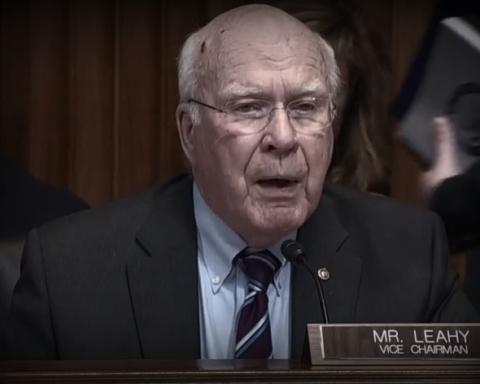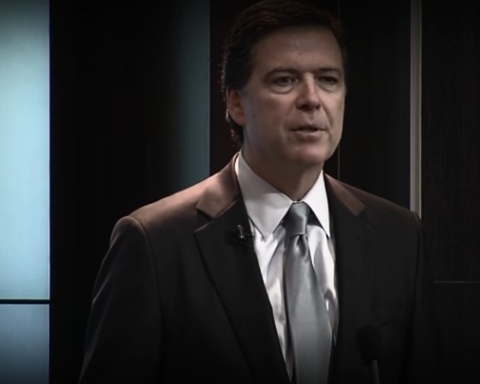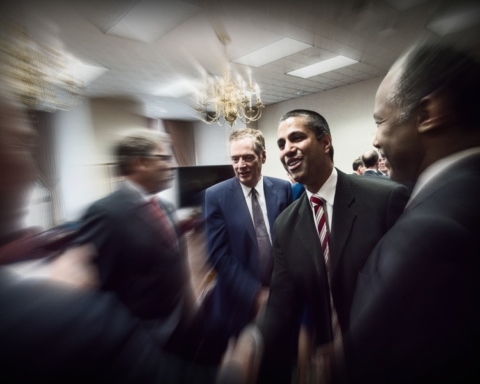Telecoms industry groups late last week launched their challenge of a major ruling that upheld President Obama’s 2015 Net Neutrality initiative.
The trade organizations, led by the US Telecom Association (USTA), asked the federal appeals court in Washington to reconsider their case “en banc”–with every judge on the circuit weighing in.
Federal appellate cases are litigated first before three-judge panels. In June, one of those panels ruled 2-1, in favor of Net Neutrality rules passed in Feb. 2015 by the Federal Communications Commission (FCC).
In a statement issued Friday, USTA President Walter McCormick called the regulations “flawed and anti-consumer.”
“Reclassifying broadband access as a public utility service reverses decades of established legal precedent which has been upheld by the Supreme Court,” he said.
The USTA, which is represented by Internet Service Providers, counts executives from conglomerates, such as Verizon and AT&T, among its board members.
Reclassification refers to the decision by the FCC to declare broadband access “a telecommunications service under Title II of the Communications Act.”
The Title II distinction allows the FCC to crackdown on “paid prioritization,” according to advocates of the move. Relaxed attitudes toward tiered-service, they say, could lead to internet “fast lanes,” which could create significant barriers for independent publishers and content providers.
Many progressive groups and lawmakers, such as Reps. Keith Ellison (D-Minn.) and Raul Grijalva (D-Ariz.), have long been staunch supporters of Net Neutrality. After the Feb. 2015 reclassification, Ellison celebrated the decision by posting a Vine of himself dancing and chanting “Net Neutrality.”
If the federal appellate court in Washington affirms the ruling of its three-judge panel, it could be the judiciary’s last say on the Title II matter. Unlike other appeals courts, rulings from the so-called “DC Circuit” apply nationwide. The Supreme Court sometimes takes cases specifically to address a “split-circuit,” when appellate judges in different parts of the country come to different conclusions.








